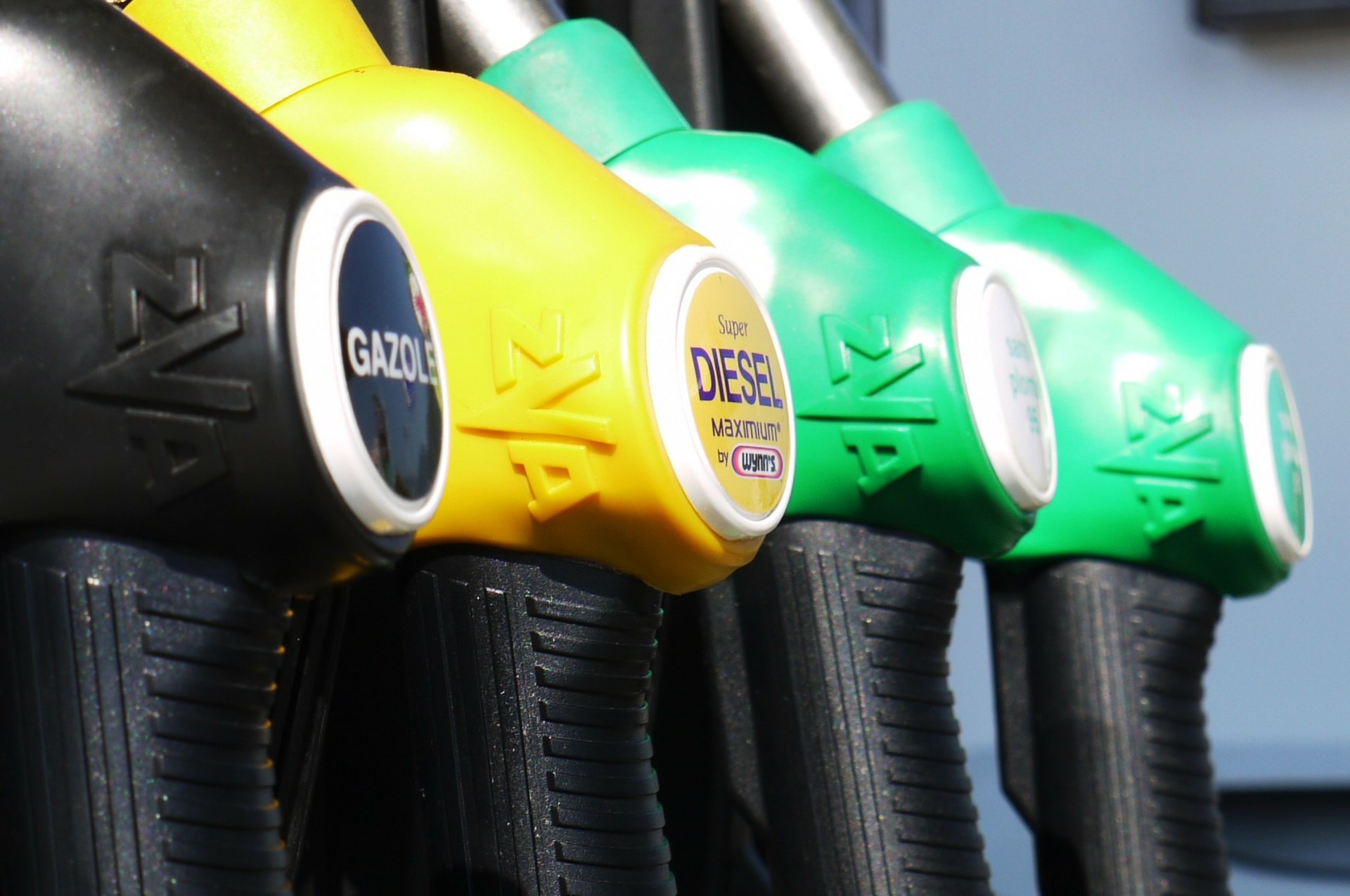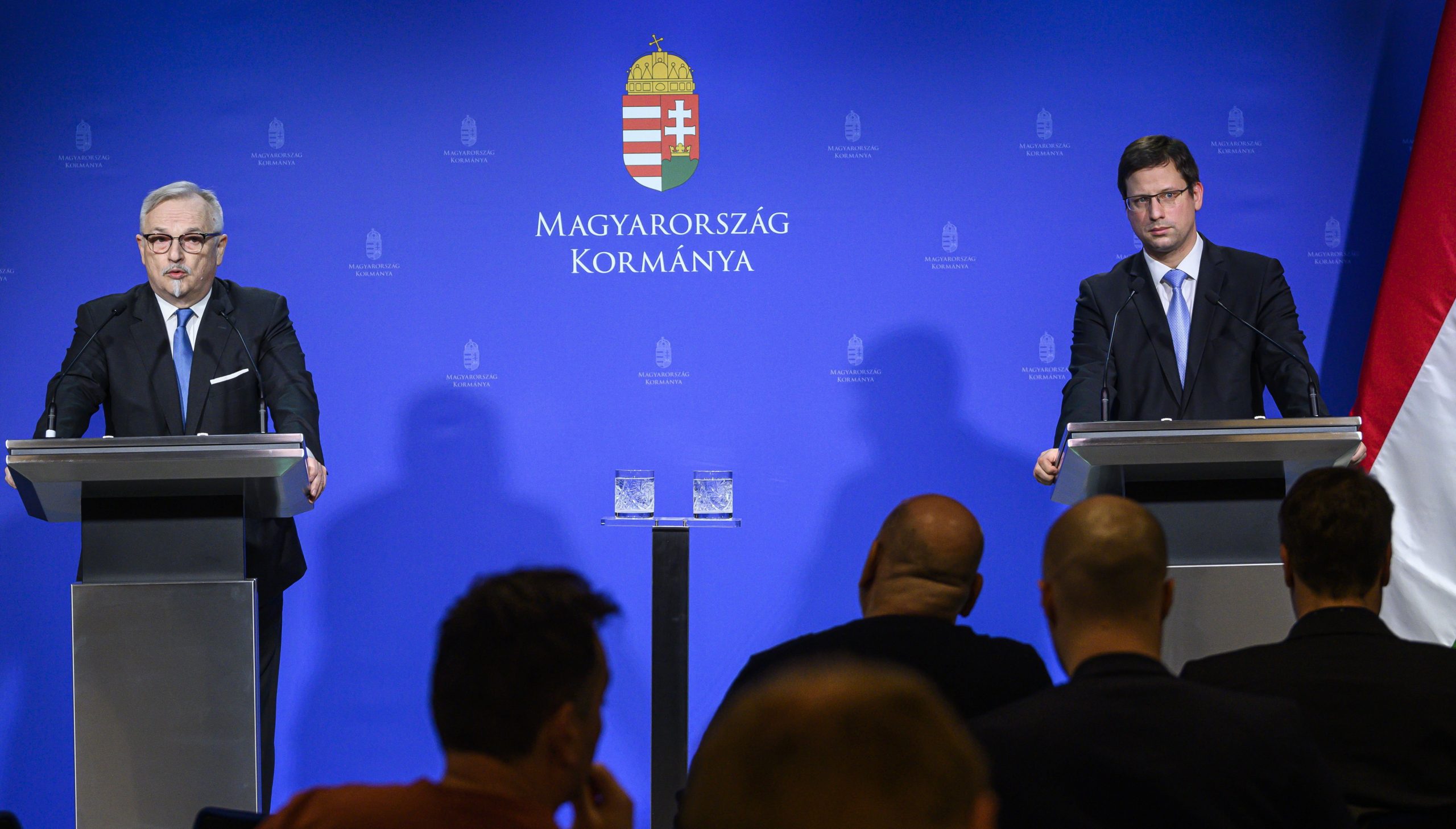
"There is no supply problem, there are momentary logistical problems," the President of Hungarian oil company MOL said, adding that "Panic buying is completely unnecessary."Continue reading

On Wednesday and Thursday, numerous Hungarian gas stations ran out of fuel or imposed various quantity restrictions on sales earlier, and long queues formed at the pumps. The government was quick to respond, announcing new measures late Thursday night that went into effect immediately after the announcement. Accordingly, as of 10 p.m. Thursday night, vehicles over 7.5 tons will only be allowed to fill up at specified gas stations where fuel is available at market prices. This applies to both Hungarian and foreign trucks, and even foreign vehicles weighing more than 3.5 tons. “Scaremongers” who write about supply problems will be severely punished. The excise tax will be lowered. However, the price cap will certainly be maintained until May.
This article was originally published on our sister-site, Ungarn Heute.
At a somewhat unexpected time, the Minister of the Prime Minister’s Office held an extraordinary press conference on Thursday evening at half-past nine, under the title “The gasoline price cap remains in place and the fuel supply in Hungary is secured,” which was attended, as usual, by Minister Gergely Gulyás but also by Hungarian oil and gas company MOL CEO Zsolt Hernádi.
According to the government and MOL, there is no fuel supply crisis in Hungary, but only an extreme increase in demand, which caused a logistical challenge. This was confirmed by Zsolt Hernádi, CEO of the oil company. The supply disruption was caused by a tripling of daily demand due to abuse with the price freeze (fuel tourism) and by panic refueling.
Gergely Gulyás first explained why energy prices have increased (Ukraine war) and what the government has done so far (price cap). He said that there were many rumors that the government did not want to maintain the price freeze and that there would not be enough gasoline and diesel at the pumps. He said that there are difficulties, but the Hungarian oil company MOL is able to supply the entire Hungarian market. Consumption has increased, as said, due to fuel tourism and scaremongering, so more decisions have been made:
MOL CEO Zsolt Hernádi also said that everything else was working well, the oil pipelines were working well (including the Russian “Friendship” pipeline) and they could bring oil from the Adriatic Sea as well. “MOL has sufficient stocks and sufficient refining capacity to meet Hungarian consumption,” he said, adding that the increased turnover is now due to the fact that shippers, such as bus and transport companies, wanted to buy fuel from public gas stations. Tank tourism and panic buying also caused the situation.
A total of 4 media could ask questions in the evening. One of them was about how the differentiation of cars with foreign license plates would look technically. According to Gulyás, the location of the company will be important, so there will still be a “round” to Brussels (so that there is no conflict with EU competition rules or other regulations). However, it later emerged from the regulation that the distinction will be based on the foreign license plate.
CEO Hernádi also talked about the fact that the difficulties occurred mainly in the border settlements, where some gas stations also had to be closed, e.g. in Mosonmagyaróvár. However, he said that the main issue now is to limit the refueling of transit traffic.
A truck has enough fuel for 3,000 kilometers, now every forwarder calculates that it is worth refueling in Hungary, that is the bigger problem, not the fuel tourism with a normal car at the border.”
The government decided as recently as November last year that the price of 95-liter gasoline and diesel would be capped at 480 forints. The measure came into force on November 15 and was extended for another 3 months in February.
In recent weeks, oil prices around the world have risen inexorably, due in part to the war in Ukraine and the West’s reaction to it, which the Hungarian government tried to contain with a price freeze on retail and wholesale prices. However, as we have reported in several articles, this had consequences: First, small gas stations could not afford this lost revenue (they bought gasoline and diesel at a higher price than they could sell it), so some had to close, others introduced quantity restrictions.
In the border settlements, fuel tourism has actually emerged, no wonder, because in Austria (Eisenstadt) a liter of gasoline currently costs almost 2 euros, while in Sopron it costs 1.26 euros.
Featured image: Zsolt Hernádi, Chairman and CEO of MOL (on the left), and Gergely Gulyás, Minister of the Prime Minister’s Office at the extraordinary Government Information press conference in the press room of the Prime Minister’s Office on Garibaldi Street, March 10, 2022. Photo by Zsolt Szigetváry/MTI